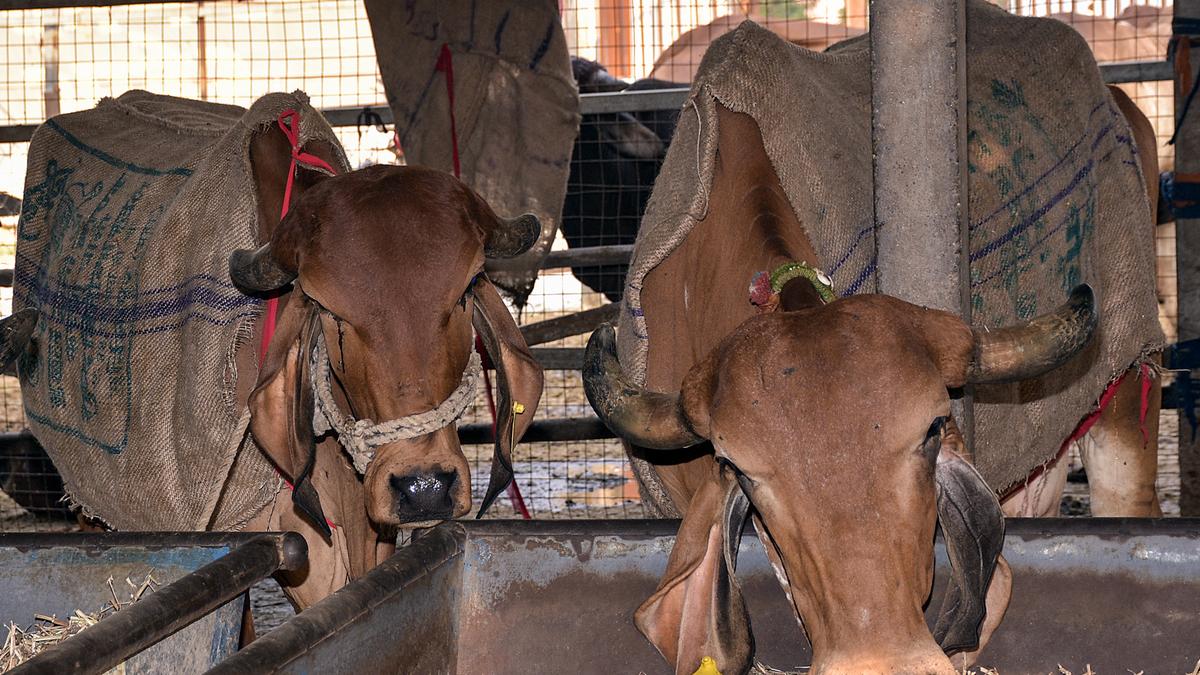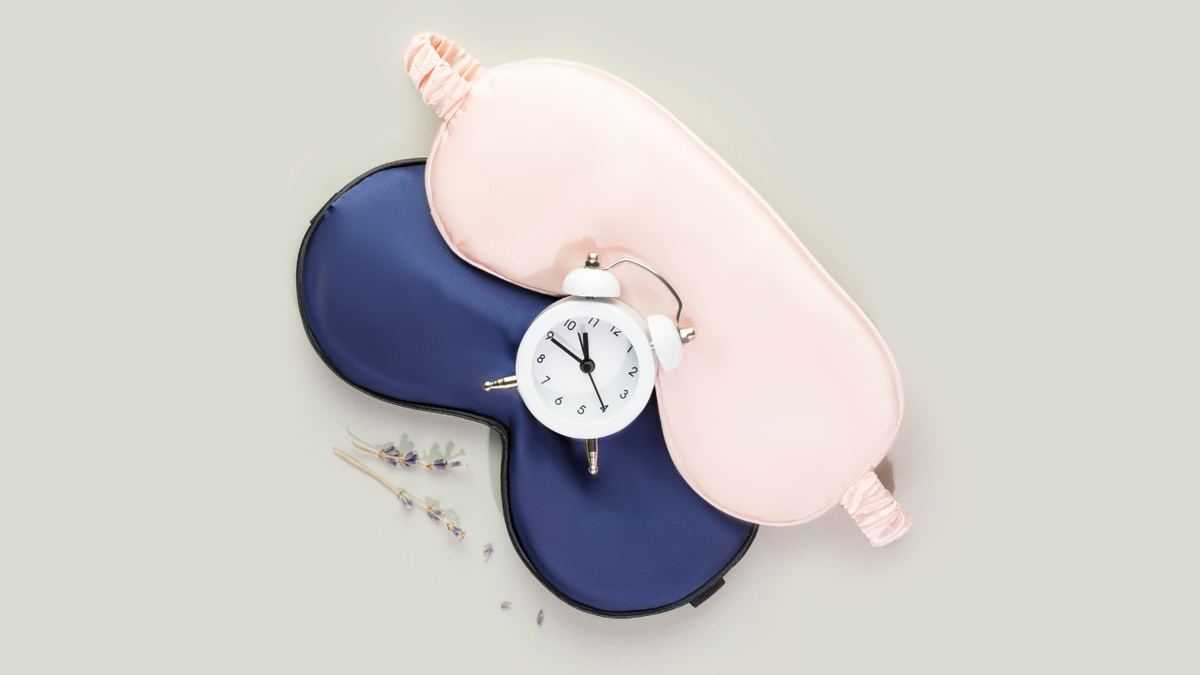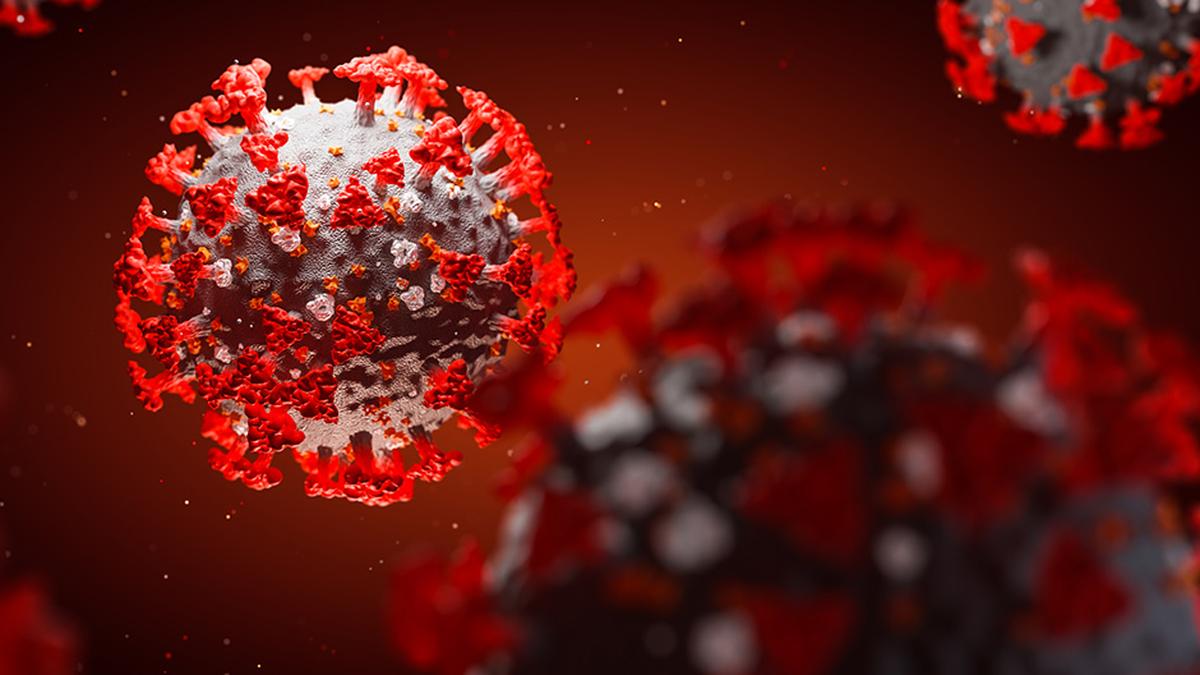IIT Madras director V. Kamakoti’s comments on cow urine | Fact-check Premium

IIT Madras director V. Kamakoti’s comments on cow urine | Fact-check Premium
The story so far: On January 15, IIT-Madras director V. Kamakoti said scientific journals had substantiated the medicinal properties of cow urine. He was speaking at a goshala in West Mambalam in Chennai, on the occasion of ‘Mattu Pongal’, a festive occasion dedicated to cattle. In a media interaction five days later, Dr. Kamakoti listed five peer-reviewed papers that he said validated the “anti-infective” properties of cow urine.
His statements have since gone viral on social media even as many questioned his claims and deemed his observations to be unscientific and inappropriate as the head of a scientific institution. They also drew the ire of Tamil Nadu Congress chief K. Selvaperunthagai, who said he is unfit to continue as the director of IIT Madras.
One paper titled ‘Peptide profiling in cow urine reveals molecular signature of physiology-driven pathways and in-silico predicted bioactive properties’ was published on June 14, 2021, in the journal Nature Scientific Reports. Contrary to Dr. Kamakoti, Nature and Nature Scientific Reports are two different journals. “The researchers have experimented and presented their findings. Nature is one of the top journals in the United States of America. The output in the research papers is the evidence,” he had said.
Independent experts said the research article itself “does not seem bad” but that it is just an analysis of bovine urine. “Authors say that there are a lot of studies of peptides in human urine, but not much work has been done in the case of bovine urine,” Aniket Sule, associate professor at the Homi Bhabha Centre for Science Education in Mumbai, told The Hindu.
“There are also similar studies about donkey urine. Essentially, all mammals pass some peptides in their urine and those peptides give a lot of indications about the health of that individual. That is also the reason why we do urine analysis in pathology labs. So, they are just presenting their analysis of bovine urine. There is no claim beyond that.”
Dr. Sule added that there have been papers from China discussing the use of cow dung as fertiliser. “However, developing a fertiliser from mammal urine/excreta is a different thing from human consumption of urine/excreta,” he said. Dr. Sule quoted the example of US President Donald Trump asking scientists in his first term, during the COVID-19 pandemic, to the alleged benefits of drinking bleach.
“Just because bleach is anti-bacterial on the floor doesn’t mean it is medicinal for humans,” Dr. Sule said.
Gautam Menon, dean of research and professor of physics and biology at Ashoka University in Sonipat, said the paper is “perfectly reasonable scientific work, although whether it is interesting or not is another matter”.
“Checking antibiotic effects on two standard bacterial species is a common thing to do. Their result is not particularly surprising nor is it claimed to be,” he added.
The second paper Dr Kamakoti referred to was entitled ‘Benefits of cow urine’ and published in the International Journal of Recent Advances in Multidisciplinary Research on September 29, 2017.
The paper reviews previous research articles describing the medicinal benefits of cow urine, a form of research called a meta-analysis. According to the paper, “Many researches have also be done, which shows its use for treatment of skin diseases, stomach diseases, kidney diseases, heart diseases, stones, diabetes, liver problem, jaundice, athlete’s feet, cyst, haemorrhoid, etc. and show its immunostimulant, bioenhencer, anticonvulsant, anti-cancerous, wound-healing, antioxidant, and antimicrobial properties.”
The abstract of the study concludes by calling for more public awareness of the importance of cow urine.
However, Dipshikha Chakravortty, professor at the department of microbiology and cell biology at the Indian Institute of Science, Bengaluru, said in an email to The Hindu, “Consumption of any urine is detrimental and dangerous, including healthy individual urine. Urine contains resident bacteria, and that can be detrimental.”
She added that there have been reports of various types of urine containing bacteria that could be pathogenic.
The prevalence of grammatical and typographical mistakes in the paper indicate the journal’s editors didn’t copy-edit it before publishing, a common symptom – albeit not a conclusive one – of low-quality publishers.
In 2022, Bhoj Roj Singh, who recently retired as the epidemiology head at the Indian Veterinary Research Institute, Bareilly, led a study that showed the undesirability of humans consuming cow urine. In the study, the team found that fresh urine from cows and bulls contains at least 14 types of harmful bacteria, including Escherichia coli. The study also reported that urine can’t inhibit bacterial growth.
“In case one gets infected from the bacteria, [the infections] can lead to life-threatening infections, particularly among those consumers who are already sick or have weak immune systems,” Dr. Singh said.
He also said proponents of drinking cow urine had criticised the study for using fresh urine while they advocated the consumption of urine distillates. His lab subsequently analysed these distillates as well as packaged urine found in the market.
“We reported those too to be risky and full of microbes (no-quality control practiced). Moreover, the antimicrobial activity detected may hardly be of any therapeutic utility as it may not be feasible to consume such a large amount of urine safely to get its antibacterial action in our bodies,” he said.
A third paper Dr. Kamakoti invoked, called ‘Miraculous Benefits of Cow Urine: A Review’, was published in August 2020 in the Journal of Drug Delivery and Therapeutics. The paper’s abstract states, “Cow urine is a divine medicine and is used for treatment of diabetes, blood pressure, asthma, psoriasis,” and various other conditions, including cancer and AIDS. It also claims cow urine can cure migraines, whose aetiology is not fully understood.
When asked about this study, Dr Singh was forthright: “It is not a research paper but a selective review/compilation from traditional literature or beliefs without any evidence-based scientific study.”










